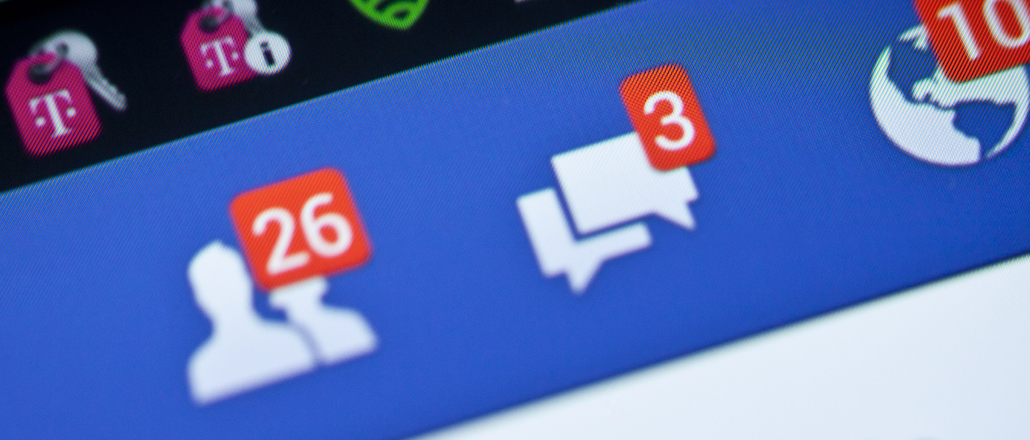Secure your place at the Digiday Media Buying Summit in Nashville, March 2-4

The myriad changes to Facebook’s news feed over the past two years have fundamentally changed what users are likely to see when they log on to the service. They’ve also had a profound effect on brand and publisher distribution through the platform.
More specifically, brands have seen their organic reach plummet, while publishers have seen their referral traffic from the platform reach unprecedented levels. Hearst, for instance, now sees nearly half its referral traffic from Facebook, up from just 10 percent a year ago. Brands, however, have been forced to pay Facebook for the kind of reach they once enjoyed for free.
But new research suggests that organic is not yet dead and still plays an important role in how brands and agencies approach the platform. The posts that perform best are the ones that gain organic traction initially and are then boosted with media spend.
While organic reach for brands has dropped to the low single digits this year from about 16 percent in April 2012, brands are still able to reach a quarter (25 percent) of their Facebook fan bases each month, according to a study conducted from January to September this year by social media analytics firm Socialbakers. That’s markedly lower than the organic reach for celebrities (54 percent) and media (58 percent) over the same time period, but Socialbakers and agency executives agree that the signal provided by organic reach is far more valuable than its distribution implies.
Brands that try to make up for decreased organic reach with indiscriminate paid media are wasting money, according to another recent study conducted by digital agency Deep Focus. Brand posts that perform poorly among users — those that receive few likes, shares and comments — will have difficulty reaching a large number of users regardless of spend. Where it gets interesting is that it’s incredibly cost-efficient for brands to put spend on posts that would have performed well had organic reach never decreased.
The quality of the creative — as judged by a post’s organic reach — is arguably now an even more important factor for performance on Facebook. “Recent declines in average organic reach are often misinterpreted as ‘Engagement [not driving] reach on Facebook anymore,'” the study reads.
Engagement now has an even larger effect on a post’s reach than in the days of consistent organic reach. While the minimum reach a brand can anticipate is down to 1.5 percent in 2014 from 5.5 percent in 2013, the rate at which getting consumers to like, comment or share a post increases the number of people who see it is higher.

Other agencies, such as Laundry Service, have started using organic posts as a testing ground for which posts they want to put media spending behind.
Some have speculated that inducing brands to spend more was Facebook’s central motivation for decreasing brand reach. Facebook has argued that the decrease was actually meant to protect its users from the scourge of bad brand posts and also the natural result of brands posting to Facebook so often that users’ attention has been diluted.
But this research seems to suggest the reality lies somewhere in the middle, giving credence to Facebook’s position that protecting the user experience is not diametrically opposed to the interests of its advertisers. So long as advertisers create brand posts that Facebook users want to see, those brand posts will be shared and generate earned media. Just not nearly as much. And, oh, by the way, the brand will need to pay a little to distribute them.
Image via Shutterstock
More in Media

WTF is a creator capital market?
What is a creator capital market, what does it mean for creators looking to diversify revenue, and why is it so closely tied to crypto?

Media Briefing: Publishers explore selling AI visibility know-how to brands
Publishers are seeing an opportunity to sell their AI citation playbooks as a product to brand clients, to monetize their GEO insights.

Creators eye Snapchat as a reliable income alternative to TikTok and YouTube
Figuring out the Snapchat formula has been very lucrative for creators looking for more consistent revenue on a less-saturated platform.





